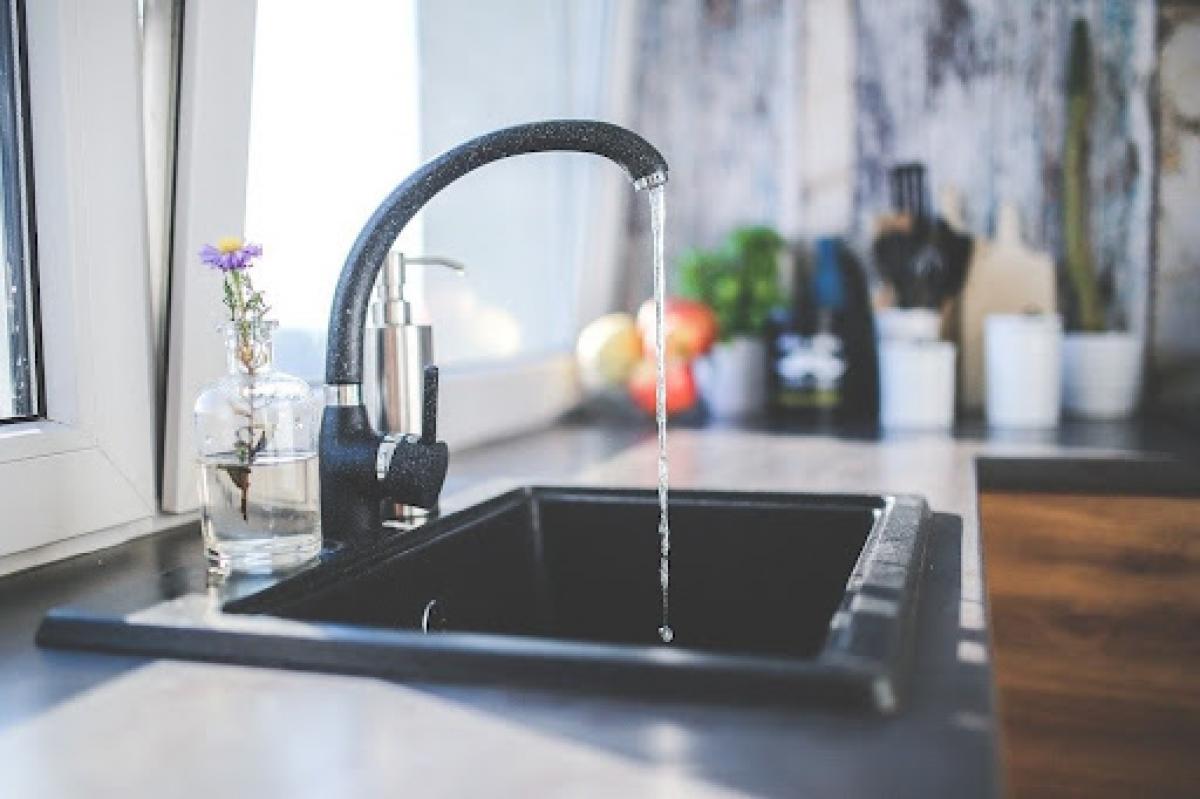Water heaters are an essential part of any home. They provide hot water for showers, washing dishes and clothes, and other important household tasks. However, water heaters can be expensive and difficult to replace, so it is important to take steps to extend the life of your water heater. In this article, we’ll discuss some simple steps you can take to extend the life of your water heater and save money on costly repairs or replacements.
- Check For Leaks:
Checking for leaks is one of the most important steps you can take to extend the life of your water heater. Look for signs of water around the base of the heater, any wet spots on the walls or floor, or any water dripping from the pipes or fittings. If you find any leaks, contact a plumber immediately to make the necessary repairs.
- Adjust The Temperature:
The temperature setting of your water heater can have a big impact on its lifespan. Keep your water heater set to between 120-140 degrees Fahrenheit. This will help ensure that the water heater is not using unnecessary energy and help it last longer how long does a water heater last most water heaters last between 8-12 years depending on the model, the quality of the heater, and how well it is maintained.
- Flush The Tank:
Over time, sediment can build up in the tank of your water heater. Flushing the tank at least once a year will help remove the sediment and keep the heater working efficiently.
- Insulate The Tank:
Insulating the tank of your water heater can help reduce energy loss and keep the water in the tank at a consistent temperature. Check with your local hardware store for insulation designed specifically for water heaters.
- Install An Expansion Tank:
Installing an expansion tank can help reduce stress on the water heater and extend its life. An expansion tank works by absorbing excess pressure in the water lines, which can help reduce the chances of a water heater failure.
- Monitor The Pressure:
Check the pressure gauge on your water heater regularly to make sure it is not running too high or too low. If the pressure is too high, it can cause damage to the water heater. If the pressure is too low, it can lead to inadequate hot water.
You should also check for any leaks around the water heater. If you find any, you should call a professional to repair the issue right away. Additionally, you should make sure your water heater is properly insulated to help prevent heat loss and ensure optimal performance.
- Have It Inspected Regularly:
Having your water heater inspected by a professional plumber at least once a year is a great way to extend the life of your water heater. They can identify any potential problems and make the necessary repairs before they become more serious. A professional plumber can also inspect your water heater for any signs of damage or wear and tear, such as rusting or corrosion, which can lead to leaks and other issues
Conclusion:
By following these simple steps, you can help extend the life of your water heater and save money on costly repairs or replacements. Remember to check for leaks, adjust the temperature, flush the tank, insulate the tank, install an expansion tank, monitor the pressure, and have it inspected regularly.

